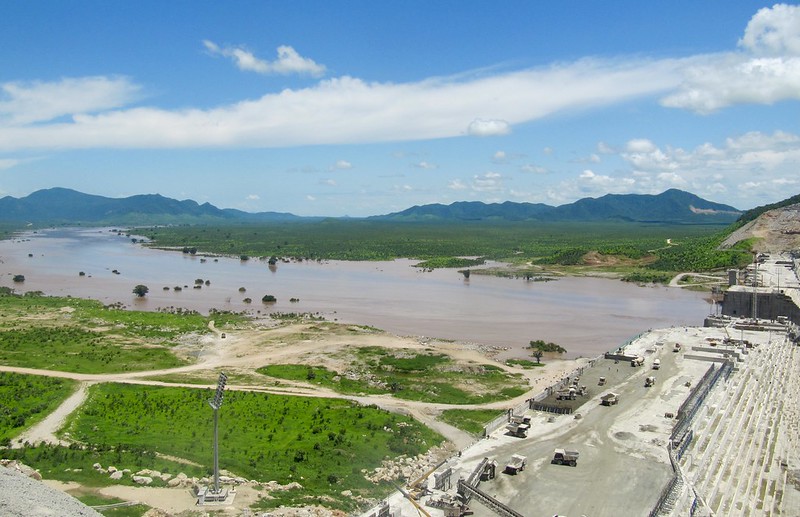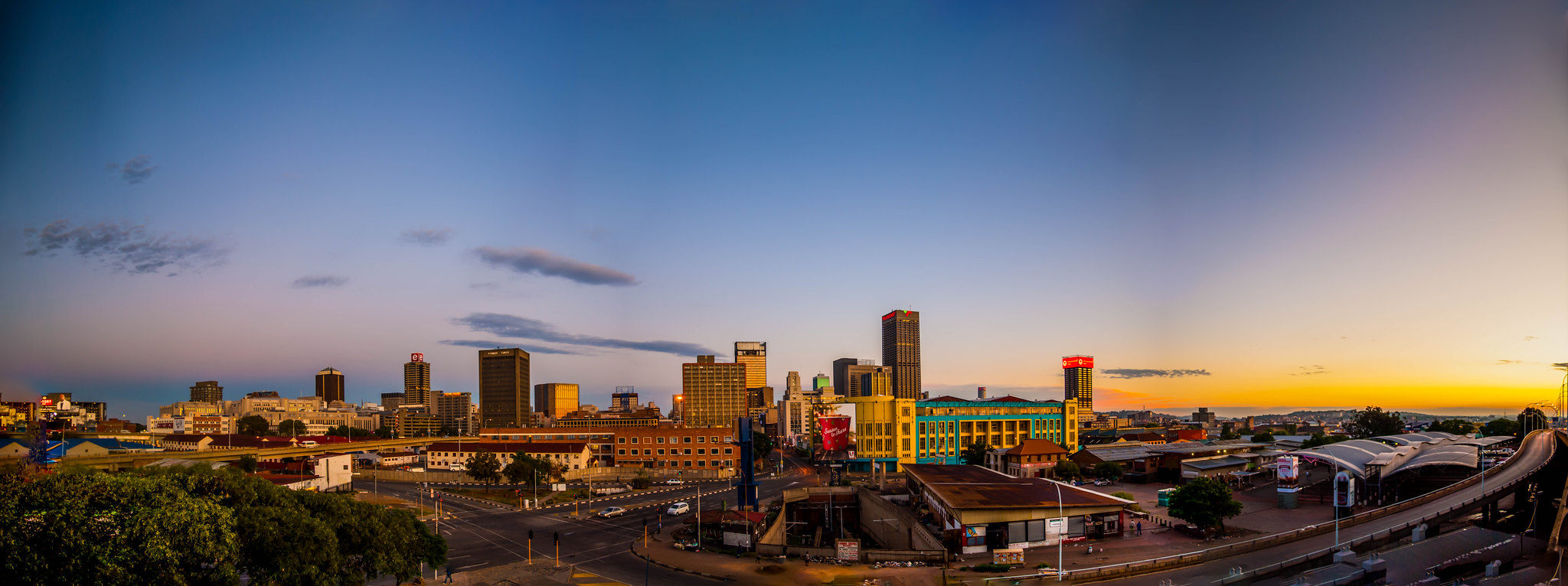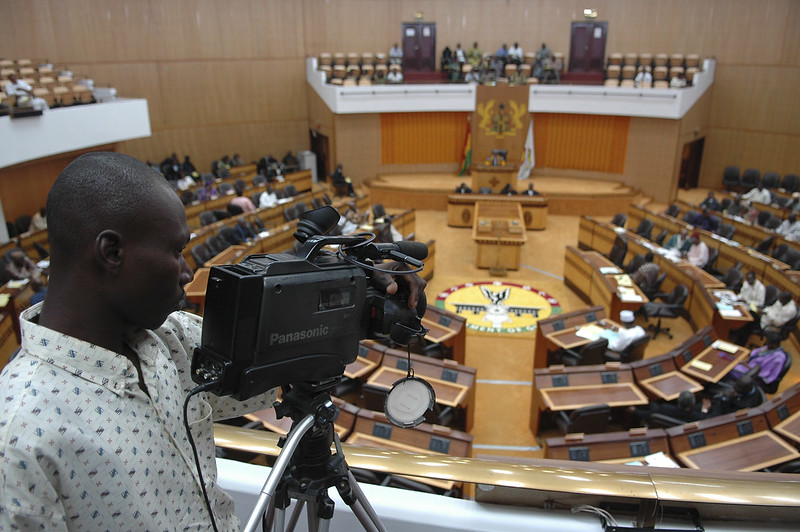Despite the passing of time and widespread international pressure, Britain continues to hold onto its last African colony – the Chagos Islands. In 2024 it is time to return sovereignty to Mauritius, writes Peter Harris.
To say that Lord Cameron became Foreign Secretary at an unpropitious time would be an understatement. From the war in Ukraine, to the humanitarian catastrophe in Gaza, and attacks on shipping in the Red Sea, Cameron must feel as though the world order is collapsing around him.
There may be worse to come as the year progresses. Peace across the Taiwan Strait is more tenuous than it has been in decades, war with Iran is a real possibility, and politics in the United States looks far from placid as Americans begin the fractious year-long process of selecting their next leader.
Amid such global uncertainty, Britain must draw from the “middle power” playbook and use its (still considerable) influence to support a rules-based international order in word and deed. One way that Lord Cameron could lead in this respect would be to approve the return of the Chagos Islands to Mauritius.
For more than a year, London has been in negotiations with Mauritius over the political status of the Chagos Archipelago. The islands are already regarded by most of the international community (including the United Nations) as part of Mauritius but are governed by London as the “British Indian Ocean Territory,” one of 14 such remaining vestiges of the British Empire.
Perhaps predictably, the prospect of handing over the Chagos group to Mauritius is unpopular on the Tory right. The Secretary of Defence Grant Shapps is reported to have pleaded with Cameron to “scrap” plans to settle with Port Louis. Members of Parliament such as Henry Smith and Daniel Kawczynski agree and have lobbied hard for the Foreign Office to abort an impending act of decolonisation that they say would damage Britain’s security interests.
Lord Cameron should reject all such advice, which is short-sighted and rooted in falsehoods about Mauritius’s international allegiances. Decolonisation of the Chagos Archipelago is not only the right thing to do but also the best way to safeguard Britain’s and its allies’ core interests. Cameron must have the courage to see this process through.
Britain’s sole interest in the Chagos Archipelago is to ensure that a U.S. military base on Diego Garcia, the largest island, can operate unimpeded. To this end, Britain illegally expelled the islands’ indigenous population, the Chagossians, in the 1960s and 1970s. Ever since London has made Diego Garcia available to Washington on favourable terms.
In 2019, however, the International Court of Justice issued an advisory opinion that Britain’s administration of the Chagos Archipelago is unlawful. The Court found that Mauritius – from which London detached the Chagos Islands in 1965 – is sovereign over the disputed archipelago, and always has been.
Soon after, the UN General Assembly followed up with a resolution calling upon Britain to withdraw from the territory. Only five countries joined with London to oppose that resolution (one, the Maldives, has since changed its position) while 116 voted in favour.
This means that, despite Britain’s best efforts, the international community views its presence in the Chagos Archipelago as an illegal colonial holdover – the last remnant of Britain’s African empire.
It runs counter to Britain’s core national interests for the country to find itself on the wrong side of international law and opinion to such a striking degree. This is why, during her short stint as Prime Minister, Liz Truss sensibly agreed to start negotiations with Mauritius over the terms of a handover.
The fate of the islands
Can a deal be reached with Mauritius? The answer is yes. Decision-makers in Britain must continue to pursue this option in good faith, ignoring the advice of any would-be wreckers.
Of the 60 or so islands in the Chagos group, only Diego Garcia has ever been used by the British or U.S. militaries. The rest have been left untouched for the past half-century, and so could be returned to Mauritius without the slightest infringement upon allied military operations. This is low-hanging fruit.
Even Diego Garcia could be returned to Mauritian control without jeopardising the future of the base. Mauritian leaders have given repeated assurances that the US base will be protected, including a credible offer to grant Washington a 99-year lease on the island.
Supporters of British rule in the Chagos Archipelago dismiss these overtures from Mauritius without ever justifying their incredulity. They insist – without a shred of evidence – that Mauritius might evict the U.S. military from Diego Garcia or, worse still, hand the Chagos Islands over to China.
Such arguments are baseless. Mauritius has strong ties to Britain, France, the United States, and India – all democratic countries that are working together to blunt Chinese influence in the Indian Ocean. Descriptions of Port Louis as an “ally” of China are false and ignorant.
It is also disingenuous to suggest, as some have, that holding onto the Chagos Islands might pave the way for the exiled Chagossians to resettle their homeland. British officials – including Shapps and Cameron –oppose the islanders’ right of return, just as they have for the past 50 years. Mauritius has undertaken to facilitate resettlement.
Lord Cameron is well-briefed on the Chagos issue from his time as Prime Minister. But things have changed since 2016. As Britain’s capable army of diplomats and government lawyers are no doubt counselling him, the ICJ opinion and UNGA resolution were game changers. The country’s reputation as a law-abiding nation is now firmly on the line.
The status quo is unsustainable. Two years ago, Mauritius organised a high-profile visit to the Chagos Islands without authorisation from London. A delegation of diplomats, lawyers, journalists, and Chagossian activists made landfall on several of the islands, hoisting the Mauritian flag and posing for photographs.
Britain did nothing to impede the visit because its hands were tied. Officials were anxious to avoid a diplomatic spat with Port Louis and, even worse, the inevitable legal proceedings that would have resulted from any attempt to obstruct or detain Mauritian nationals.
What happens the next time Mauritius sends a ship to the Chagos Islands? For how long is Britain prepared to continue defending its claim to sovereignty – already rejected by so much of the international community – in domestic and international courts? How can the United States be confident in Britain’s administration of the islands when London cannot credibly promise to prevent authorised visits from occurring? Such questions cannot be wished away.
It is right that London handles negotiations with Mauritius in a way that foregrounds the national security concerns of the Western alliance. But neither Cameron nor any other government minister should cave to those who prescribe unlawful behaviour. This is bad advice and should be called out as such.
The far-sighted, strategic move is to return the Chagos Islands to Mauritius in 2024 or soon afterwards. Such a resolution would put the U.S. base on firm legal footing and confirm Britain’s place at the heart of a coalition of nations committed to the rules-based global order.
As he mulls the Chagos dispute, Cameron would do well to remember the advice of a predecessor, Robin Cook, who once told the House of Commons that Britain’s interests “are best protected not by unilateral action but by multilateral agreement and a world order governed by rules.” These words ring even truer today than they did 20 years ago.
This is how Britain can best serve the causes of global security and international stability – by following the rules in concert with its democratic allies, not by going it alone and sacrificing its reputation as a law-abiding nation in the process.
Photo credit: NASA used with permission CC BY-NC 2.0 DEED





